Richard Cabut (also known by his NME byline, Richard North) is a familiar name to fans of the punk band Brigandage, where he played bass, designed artwork, and helped steer the group’s defiantly unpolished mid-80s run, captured on releases such as Pretty Funny Thing. True to their uncompromising ethos, Brigandage remains one of the few bands from that scene that have never reunited. Beyond the stage, Cabut’s influence reverberates through punk history: with the watershed NME article Punk Warriors (19 February 1983), he first used the term “positive punk” to describe a cultish following that was soon to shape goth. As historian Mathew Worley later noted in No Future: Punk, Politics and British Youth Culture, 1976–1984, “Richard Cabut (Richard North) was the first to outline the basis of what eventually became codified as ‘goth’.” Cabut went on to co-edit the acclaimed anthology Punk is Dead: Modernity Killed Every Night, cementing his role as both participant and chronicler of the subculture.
That same instinct for tracing currents beneath the surface carries into his latest work. The British writer, playwright, and musician turns again to the page with Ripped Backsides: Postcards from Beneath the Pavement—less a book than an unstable weather system; a storm of postcards written in smoke, lipstick, and ash. Here Cabut assumes the role of the punk flâneur, drifting through ruins and side-streets with an outsider’s eye, transforming dislocation into insight. The book hums with the rattle of trains at night, the scattered wails of free jazz saxophones in Greenwich Village; with the mutter of alleys where language itself seems half-burned and improvised.
Drawing inspiration from David Wojnarowicz, Chris Marker, and Walter Benjamin, Cabut’s dislocated journey drifts through fragments of faraway lands: Amsterdam, Berlin, Manchester, Marseilles, New York – less travel notes than exorcisms, stains, and signals. They arrive like sudden shrapnel in the reader’s palm, cutting but glimmering with the charm of accident.
These memories drift, collapse, reassemble into a mental collage. Cabut lays out each city as if on an autopsy table: bones of memory, scraps of overheard talk, a whiff of narcotic air. He is listening for the unconscious in bricks, tracing the heartbeat of pavements and gutters. The book holds the reader in that twitching half-space between diary and séance, between literature and graffiti. What is written is not simply about the world, but written with the world’s refuse and glamour.
Each scene is alive with detail that both corrodes and illuminates. In Amsterdam, he notes a loft where dope plants drop their leaves into open mouths of sleeping bags, as if the vegetation itself were a weary confessor. In Berlin, the van skids across an iced Autobahn, history slamming through glass, while squats pulse with misfiring guitars and sour breath. Manchester appears in broken slogans, where dogs knot together in the rain and the city grins with toothless menace.
Cabut writes as one who has always already departed (perhaps even fled!) the scene. His prose is that of the flâneur who carries no luggage but memory, who has trained himself to love ruins because they are honest. There is dry, cutting humour here, but also the tremor of private grief. The words stand up on the page like derelict buildings still lit by one stubborn bulb.
The book is stitched with voices. They interrupt, contradict, or dissolve mid-sentence. Dialogue arrives as static, then crackles into oblivion. What remains is a chorus of the dispossessed, each line a cigarette burn on a table already warped by heat. The effect is hypnotic, but it never begs to please. It stares, shrugs, and keeps walking. What is remarkable is the clarity inside the disorder. Cabut turns confusion into form, scattering shards that, when held at the right angle, flash with rare precision.
Ripped Backsides: Postcards from Beneath the Pavement is raw cartography: a map not of streets, but of the human impulse to write, to remember, to vanish, and then to return in fragments. The book upends the traditional diary format into the experience of transience itself; to moving while lost.
Order the book here
Follow Richard Cabut:

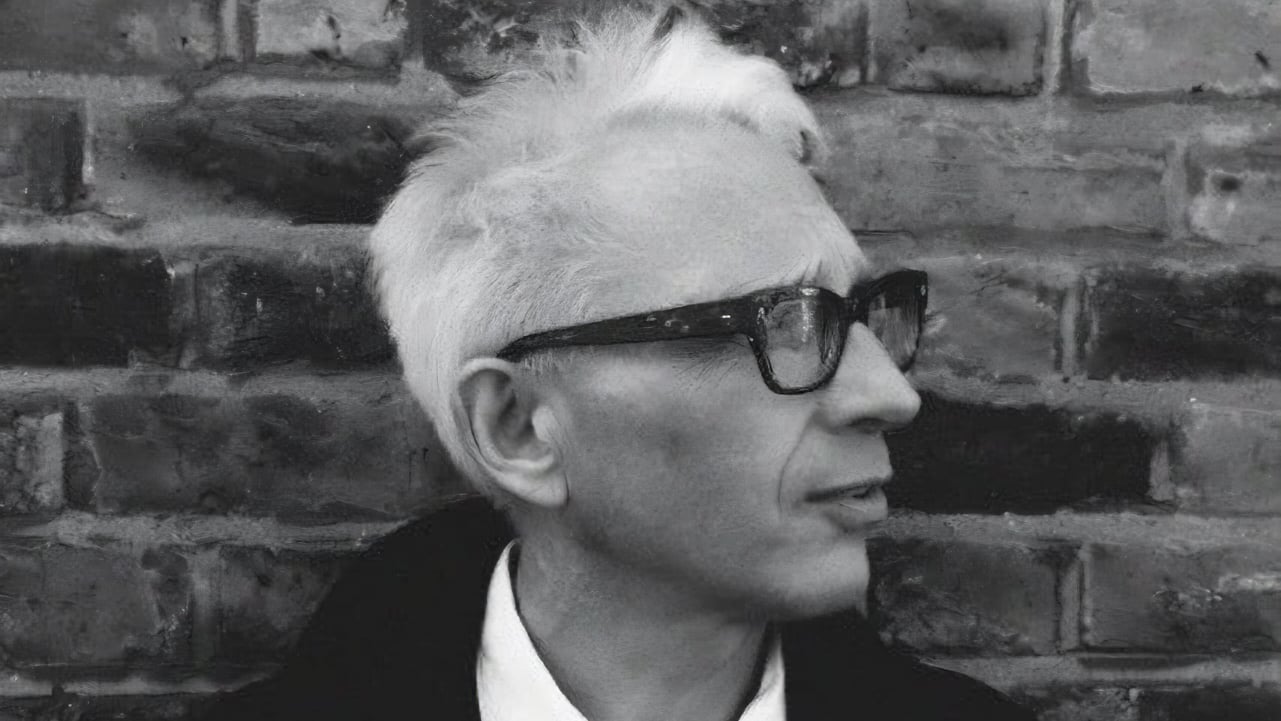


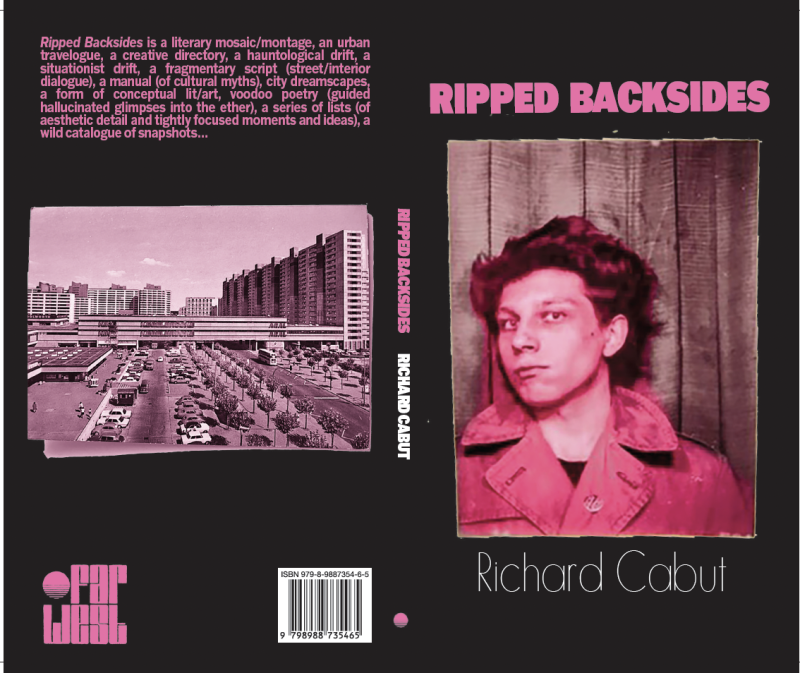
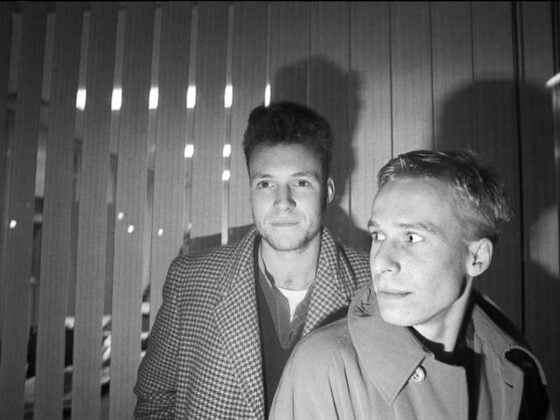
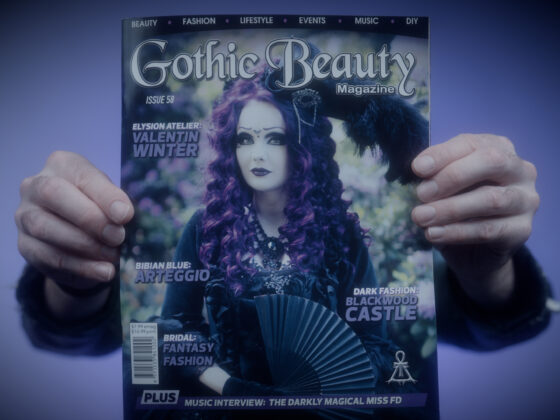


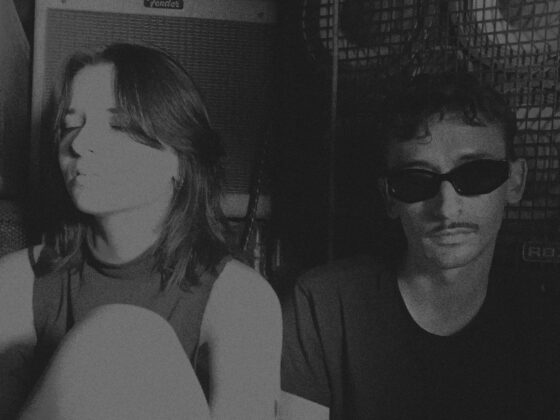

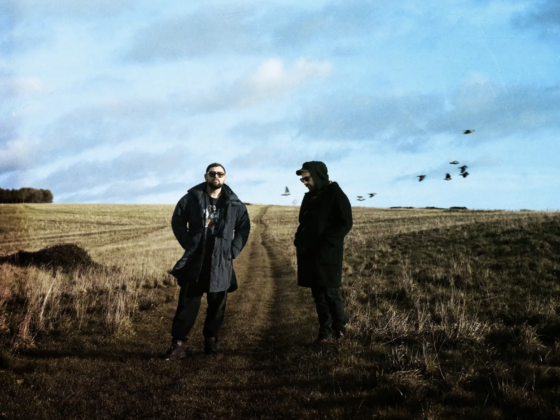





 Or via:
Or via: